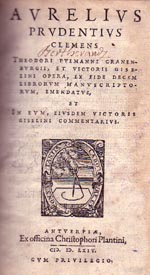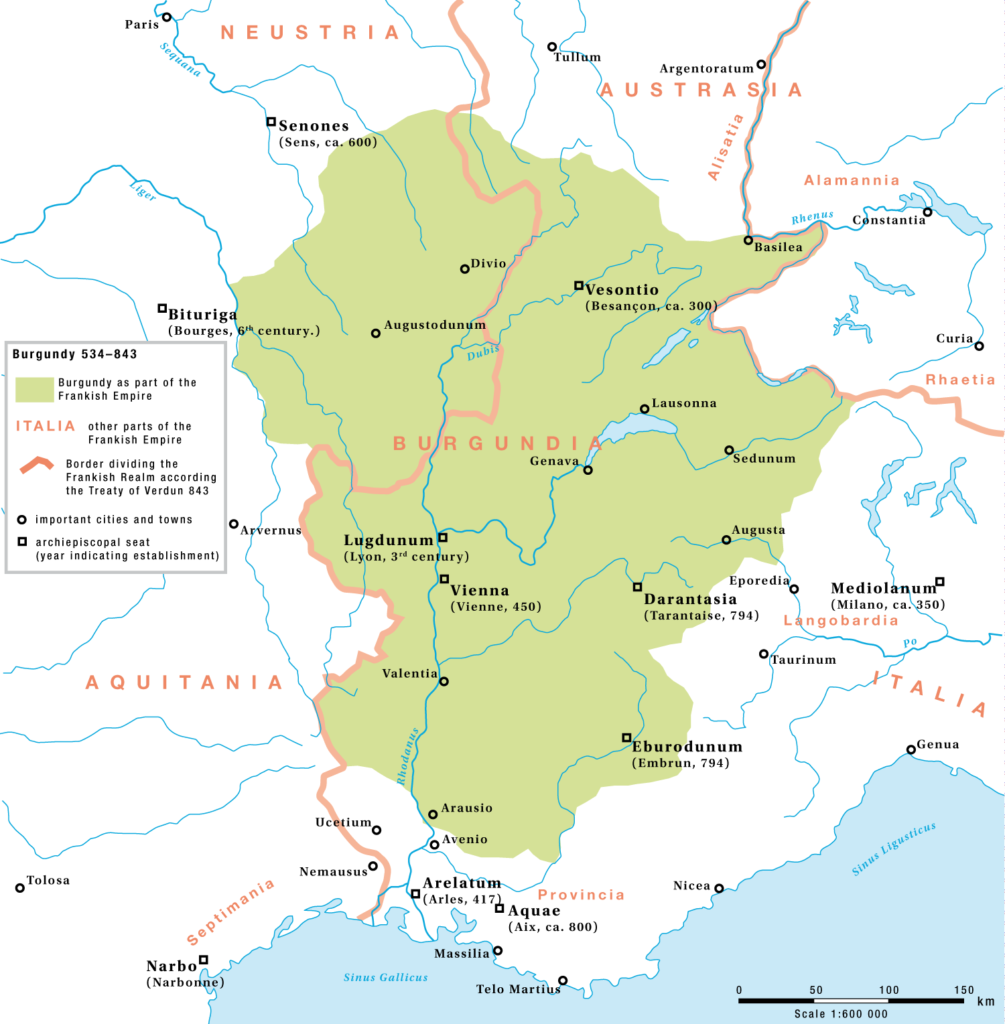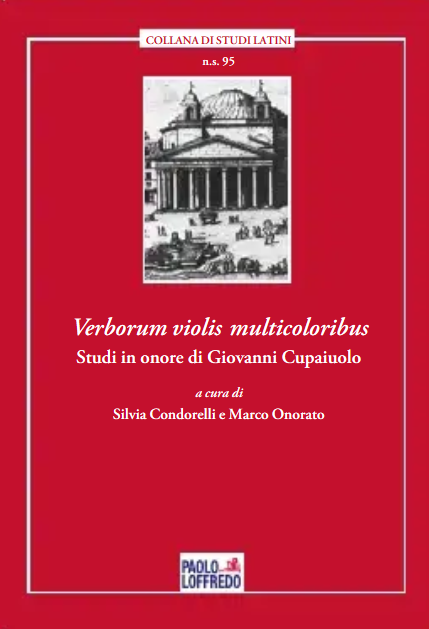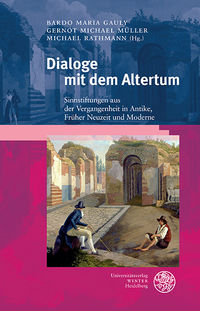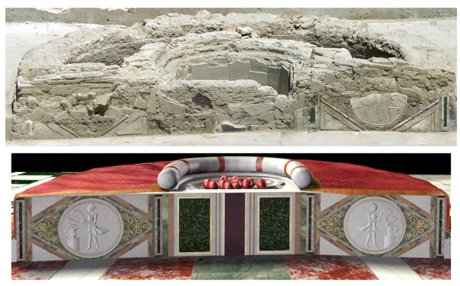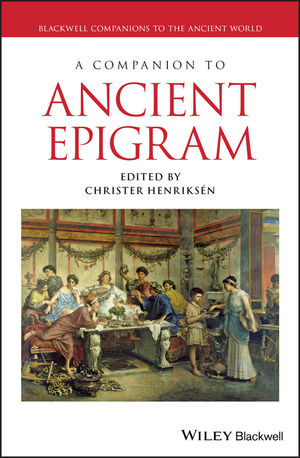In a new article, Marco Onorato has identified Prudentius and Paulinus of Nola in Carm. 1. See Bibliography, tab 2019.
Abstract. In the preface to Sidonius’ panegyric of Anthemius the expression variae … hostia linguae (c. 1.29) discloses a contamination of lexical and thematic features of Prud. perist. 10 and Paul. Nol. c. 18. Starting from these allusive marks it is possible to reconstruct further elements of the poem’s Christian subtext, which brings out the ambiguity of Sidonius’ attitude towards the emperor.

